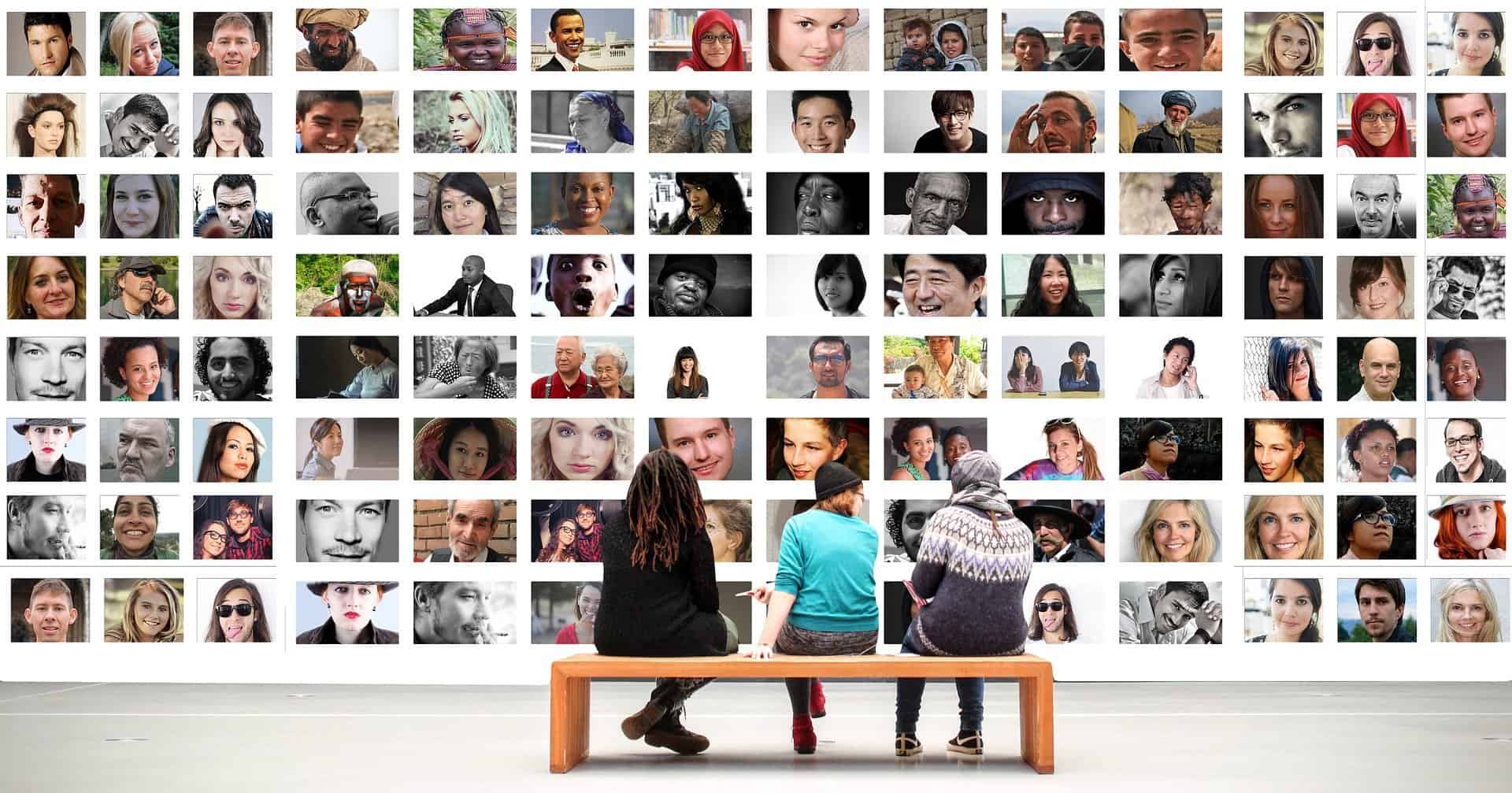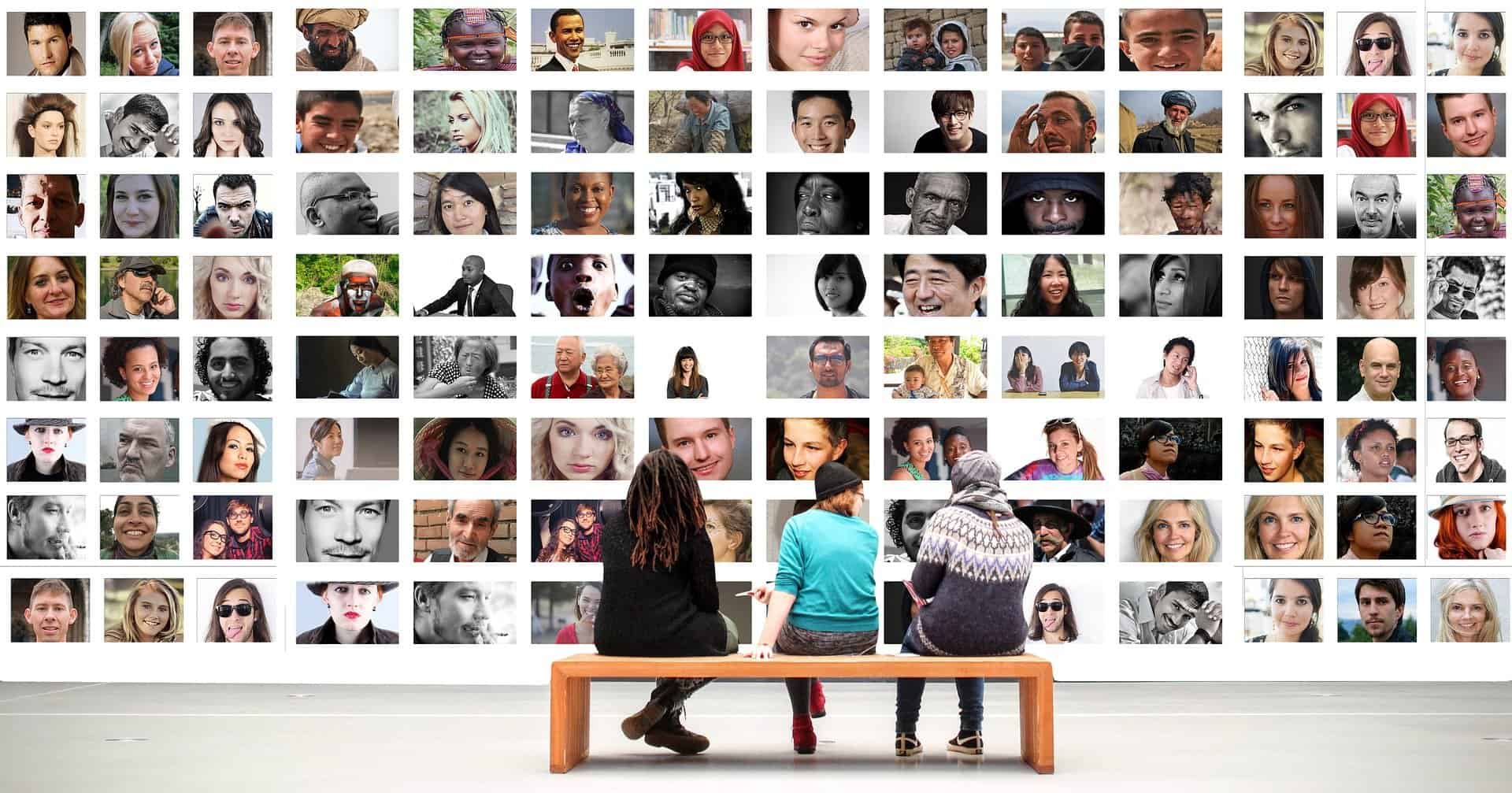
Facebook Announces New Features for Groups

Just about a week ago, Facebook announced a ton of new features for Groups. Some of these features were created with the intent of making it easier for group admins and moderators to do their work. Other features aim to break down the barriers that hinder users in finding and participating in Facebook groups they might take an interest in.
One new toolset, called Admin Assist, will help take care of some of the moderation. So, the creator of a group will now be able to automatically reject posts that:
- Use specific keywords.
- Are from members that have recently joined the Group.
- Are from members that have caused trouble in the past.
There are also new features that allow for conversations started by shared photos, AMA (ask-me-anything) style Q&A's, and real-time chat.
Admins will also now be able to make money from their Facebook groups. But rather than through advertising, they can make money by giving them access to Brand Collabs Manager, an existing service used to strike promotional deals with brands that want to reach specific audiences. While this service was only available to individuals in the past, it is now available to groups as well.
There are also tweaks that have been made to entice more users to join Groups. One tweak, called "Related Discussions" will push material from groups into a user's newsfeed. This will expose them to new groups and conversations they might be interested in. Public groups will also be joinable without the approval of an administrator or moderator. However, the people who run these public groups can still use techniques such as screening questions to vet new members before allowing them to post anything to the Group.
Right now, more than 1.8 billion people use Groups every month, and half of all Facebook members are part of at least five active Groups. Facebook Groups were originally created to connect to groups of people that were already prominent in your life, such as your family, sports team, or book club. However, Groups has evolved a lot over the years and not only connects users to people they already know but people all over the world that care about the same topics.
The Bad
While there are many great qualities about Facebook groups, they have also proven to be a quick and easy way to spread a lot of hate and misinformation. The company works hard to fight malicious and dangerous uses of groups. It has removed over a million pieces of content for violating their policies on organized hate. They have also removed around 12 million pieces of content posted in groups for violating their policies on hate speech. If it comes down to it, the company will also remove an entire Group if it is found repeatedly breaking the rules or has been set up with the intention of violating their standards.
Facebook will also become more stringent on administrators who have violated Facebook's community standards in the past. A new policy has been put in place that prevents these users from creating any new Groups for 30 days. While this isn't quite a zero-tolerance policy, it may help discourage these people from any further bad behavior.
The company will also be removing health-related Groups from its recommendations. While there are valuable health Groups on Facebook, the company wants to make sure people are getting information about their health from reputable, authoritative sources. So, Facebook isn't trying to police the quality of health Groups but also doesn't want to actively steer people towards them on the chance these people may receive bad advice.
Due to the sheer scale of Facebook Groups, while the company can make a tremendous amount of progress, they can still have significant problems. In August, Facebook announced that it banned or restricted over 2,800 QAnon-related Groups. However, there are numerous reports mentioning that the company was slow to take action and that many of these groups have been able to evade the crackdown.
The Good
Where there are some alarming reports related to Facebook Groups, there are also some really great ones! In 2015, one woman named Latasha Morrison wanted to start a healthy dialogue with others about the injustices and racial disparities in the United States. While she didn't have a website, she wanted a way to gather people in a place where they could continue learning, and Groups provided her with that. Almost six years after her Group Be the Bridge was formed, it now has more than 72,000 members and has grown rapidly in recent months. Morrison has also turned Be the Bridge into a non-profit organization and a best-selling book.
This Group is a wonderful example of a thriving, positive force on Facebook. It shows that creators have the opportunity to mold their groups to fit unique desires and needs. The Be the Bridge Group on Facebook has policies in place, such as:
- For the first three months, new members can only read, learn, and listen. After this period has passed, they may begin posting.
- Sunday is a day of rest with a no-posting policy, with the exception of one thread that members can leave comments on.
When Morrison first created her Group, she spent at least 20 hours a week running it. Now, 23 people manage the Group, mostly on a volunteer basis, allowing Morrison to turn her attention to other Be the Bridge activities.
Be the Bridge is a Private Group, so not all of Facebook's new Group features will affect it. For example, because the Group is not public, it won't be pushed into users' feeds. However, the new Admin Assist tools could potentially help reduce the workload for Morrison's team of managers.
All in all, people make Facebook's communities what they are. And while sometimes, people take advantage of Facebook Groups for disingenuous reasons, the majority of users out there use them to bring people together under common interests. Facebook Groups can be a great way to connect new people and brands from around the nation and even around the world. Now that Facebook is implementing new features, these groups could be even easier to moderate and entice new people, making them well worth the time and effort.
Let's bring the spotlight to your business today.
From brainstorming to implementation, AnoLogix has successfully designed, created, developed and implemented websites for people and businesses since 2000.
With AnoLogix your business can skyrocket. Do you want to learn how we can help?
or call us for a FREE consultation at (904) 807-8961